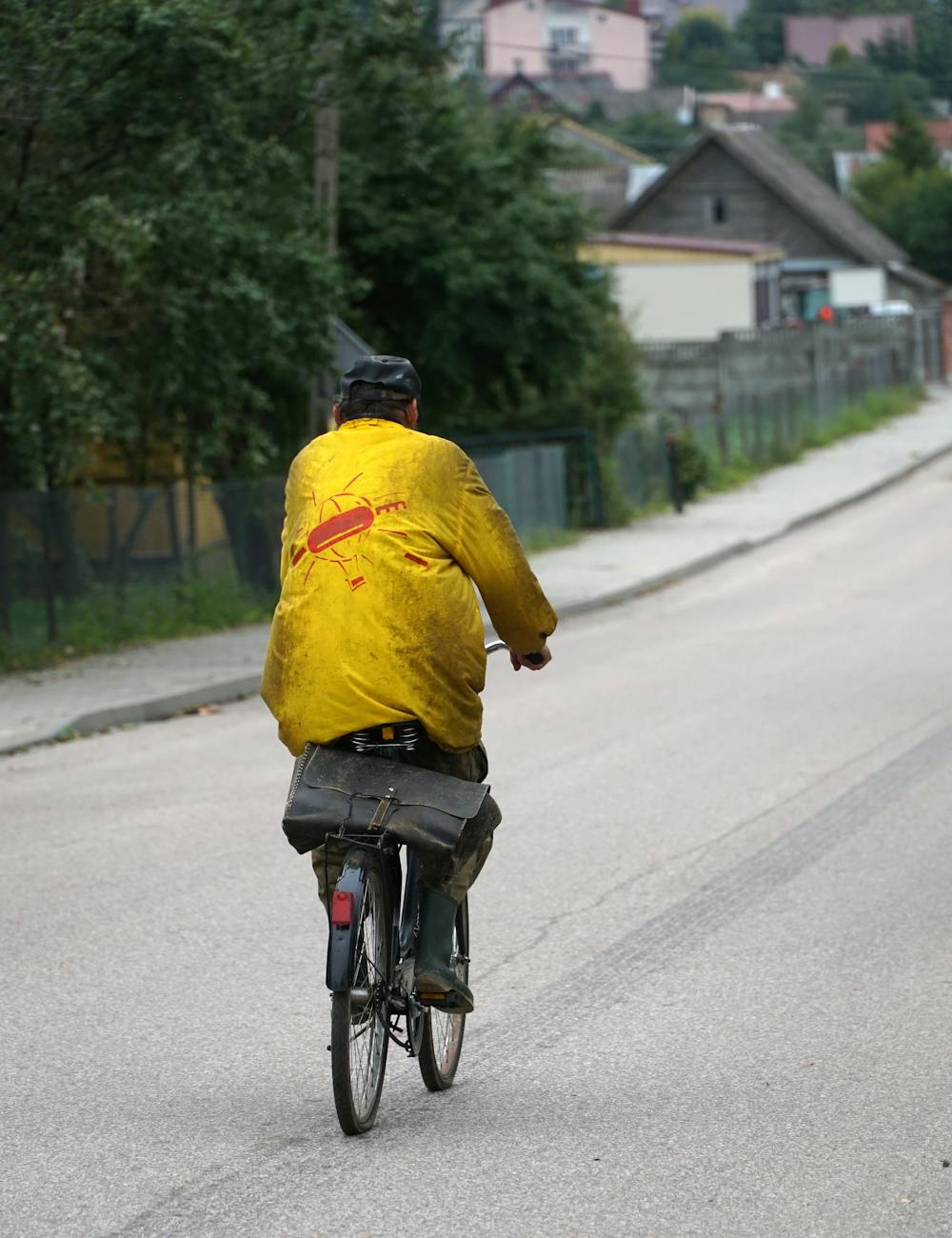Life’s early years shape who we become. Are we raised with encouragement or punishment? Do we develop through freedom or necessity? Through friendships and family influences, we form our identity. I’ve only truly discovered myself later in life, reflecting on how upbringing, circumstances, and the people around us shape our paths in this ever-changing world.
Parenting and Self-Discovery
Are you a reader like me? I don't have children, but I have read in many books that the first years of a person's life, and the way in which you are guided by parents, are of great importance for the rest of our lives. How are you taken care of at home in joy and sorrow? Which friends do you hang out with in your youth and who else influences you? Are you raised through punishment or encouragement? Do you have to relive the life of your parents, or do you get the chance to develop yourself in your own way?
Do you make your own choices out of necessity or in freedom?
Do your parents always stand on the sidelines to tell you how things should be done, or do they ask you why you think you have to do things your way? Is there compulsion behind your upbringing, or are you given the space to develop yourself in your own way into a stable adult person? These are all questions that I think every person asks himself or hears at some point in his or her life. I also regularly think about those moments in my life. As you may already know, I have only known for three years that I have been highly sensitive and gifted all my life. If I'm honest, I think I learned more from books than from my educators and teachers.
Did your educators, and or teachers, know you?
I can and dare to say that I only really got to know myself at the age of sixty. So when I look back on my life now, many things from my past have been based on coping. I have adapted to others, to make them
Picture: Family Services of Northeast Wisconsin
happy, so that they made me feel happy, and or accepted. I had a lot of fear of failure with my gifted and highly sensitive profile, because I often saw things differently, and could think further than the others around me. But then again, I didn't know that at the time, and most likely the others didn't either. Those others thought I was a difficult person. I don't think my parents really had a clue who I was during their lives either.
Do you sometimes feel like a stranger in the surrounding environment?Picture
It was not always easy in an environment where you were often not seen or heard. As a youngster I was often sick, peed my pants, and was often in the hospital during my primary school years, and wore glasses with thick lenses, and was bullied a lot by my classmates because of it. I also had older parents in relation to them. The time in which you must learn and develop yourself socially as a person between peers and other people was completely different for me. I stayed in the background and lived in my own world. I did have a boyfriend, let's call him Casper for convenience. Every morning, I rode my bike past his house, stopped until he came out, and then we cycled together to our primary school. In my opinion, Casper had it much better than me at that time. He rode a beautiful new purple rugged bike with gears. I rode a "normal" boy's bike.
Can you deduce from possessions whether someone has a better life?
Casper always radiated confidence towards me. I must confess that we didn't do much together besides cycling. But I felt like he was always there when I needed him, and I was there for him. It was only much later in life that we got a "better" contact in adulthood. Then he told me, in a burst of sincerity, that in his eyes, he had not had a better life than I had always thought. He said: "that many family members around him were no good." His mother had not taken sexual standards very seriously. His uncle, who lived with them at the time, had a major role in this, according to Casper. His uncle was a sadistic man who often abused his mother. In short, peace had been hard to find in this household.
Do you ever look at others with an envious look?
I was able to meet Casper twice at that later age. During those meetings, I think we spoke to each other in a sincere way. But apparently, I said something wrong during these paltry encounters. Suddenly he looked at me and asked me who I was, and what I wanted from him. I had suddenly become a stranger to him. The friendship was gone, and I never heard from Casper again. Who am I, who are you? Are there good ways to raise and develop children, or do we do this mainly at our own discretion? Is the story in the parenting books correct, or do circumstances often partly determine who you, I, or your children become in this changing world?






